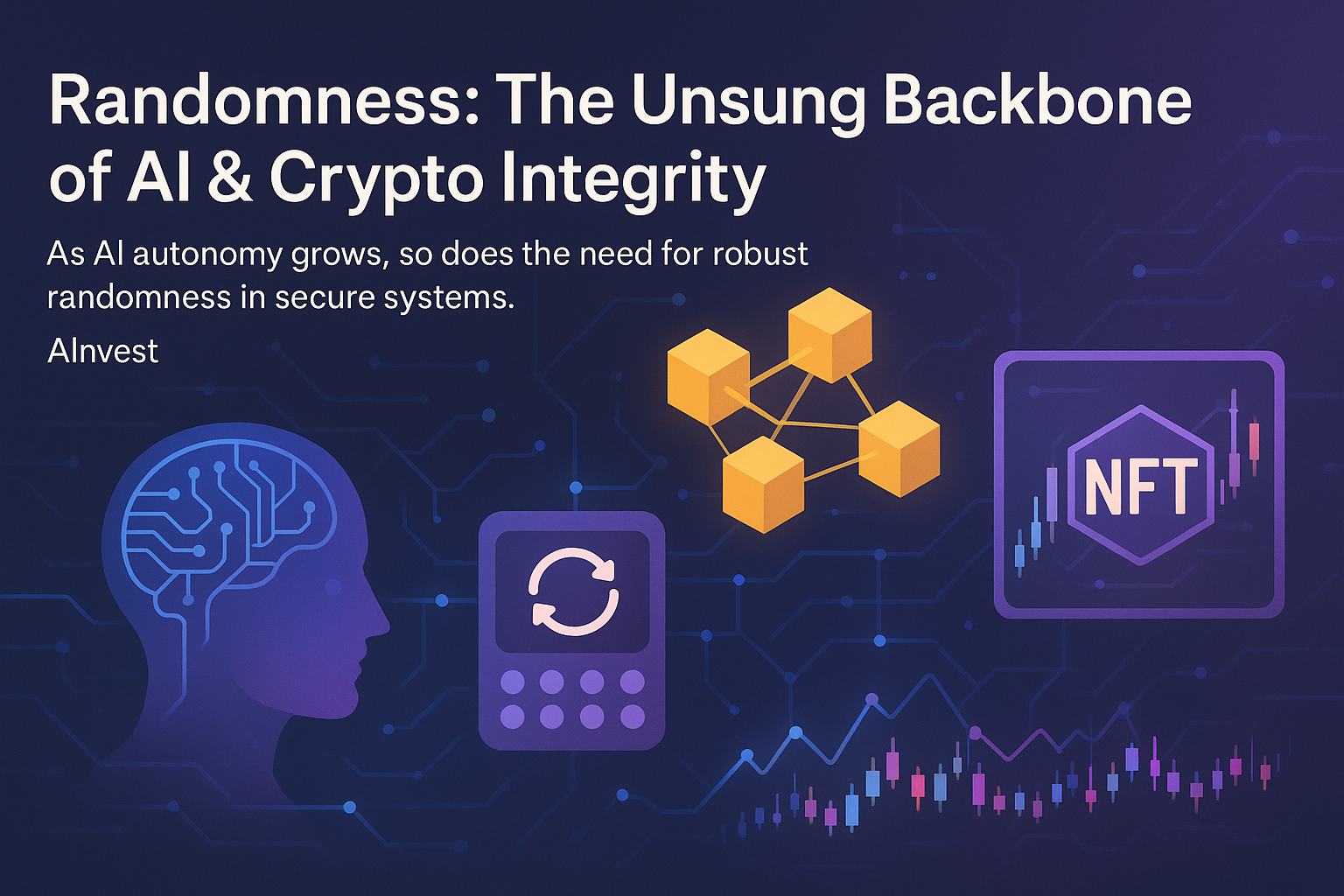State Street, one of the world’s leading asset managers, is exploring the tokenization of bonds and money market funds in a move that could significantly reshape the financial landscape. This initiative aims to integrate crypto technology into traditional finance, enhancing efficiency and liquidity while reducing operational complexities.
What is Tokenization and Why It Matters
Tokenization involves converting traditional assets, such as bonds and money market funds, into digital tokens on a blockchain. These tokens represent ownership and can be traded on digital platforms with greater speed and transparency than conventional systems allow. For institutional investors, this means improved access to assets, faster settlement times, and enhanced security.
By enabling assets to be represented as tokens, State Street could revolutionize collateral management. Digital tokens can be quickly and securely transferred as collateral for loans or other financial transactions, minimizing counterparty risk and improving liquidity management.
How Tokenization Enhances Efficiency
Traditional bond markets are often burdened by complex processes and extended settlement times. Tokenization addresses these challenges by enabling near-instant settlement and reducing the need for intermediaries. Smart contracts — self-executing contracts with the terms directly written into code — can automate coupon payments and other routine processes, cutting costs and reducing the potential for human error.
Potential Impact on Asset Management
For asset managers, tokenization offers a path to improved portfolio management. Real-time data from tokenized assets allows for more precise risk assessment and decision-making. Additionally, the ability to fractionalize bonds into smaller, more accessible units could attract a broader base of investors, democratizing access to traditionally illiquid markets.
Tokenized bonds also enhance transparency. Blockchain’s immutable ledger allows regulators and investors to view real-time data on ownership and transaction history, ensuring compliance and reducing the risk of fraud.
Challenges Ahead
Despite the benefits, tokenization is not without challenges. Regulatory uncertainty remains a significant hurdle, particularly around compliance and the legal recognition of digital assets. Additionally, integrating blockchain technology into legacy systems will require significant investment and technical expertise.
State Street’s move suggests growing confidence in overcoming these challenges. By leveraging its existing infrastructure and expertise in asset management, the company is well-positioned to lead the adoption of tokenized assets in traditional finance.
State Street’s exploration of tokenized bonds marks a pivotal moment in the convergence of traditional finance and crypto technology. If successful, this initiative could streamline asset management practices, enhance liquidity, and pave the way for broader adoption of tokenized financial instruments. As the regulatory landscape evolves, the financial sector may soon witness a profound transformation, with tokenization at its core.




